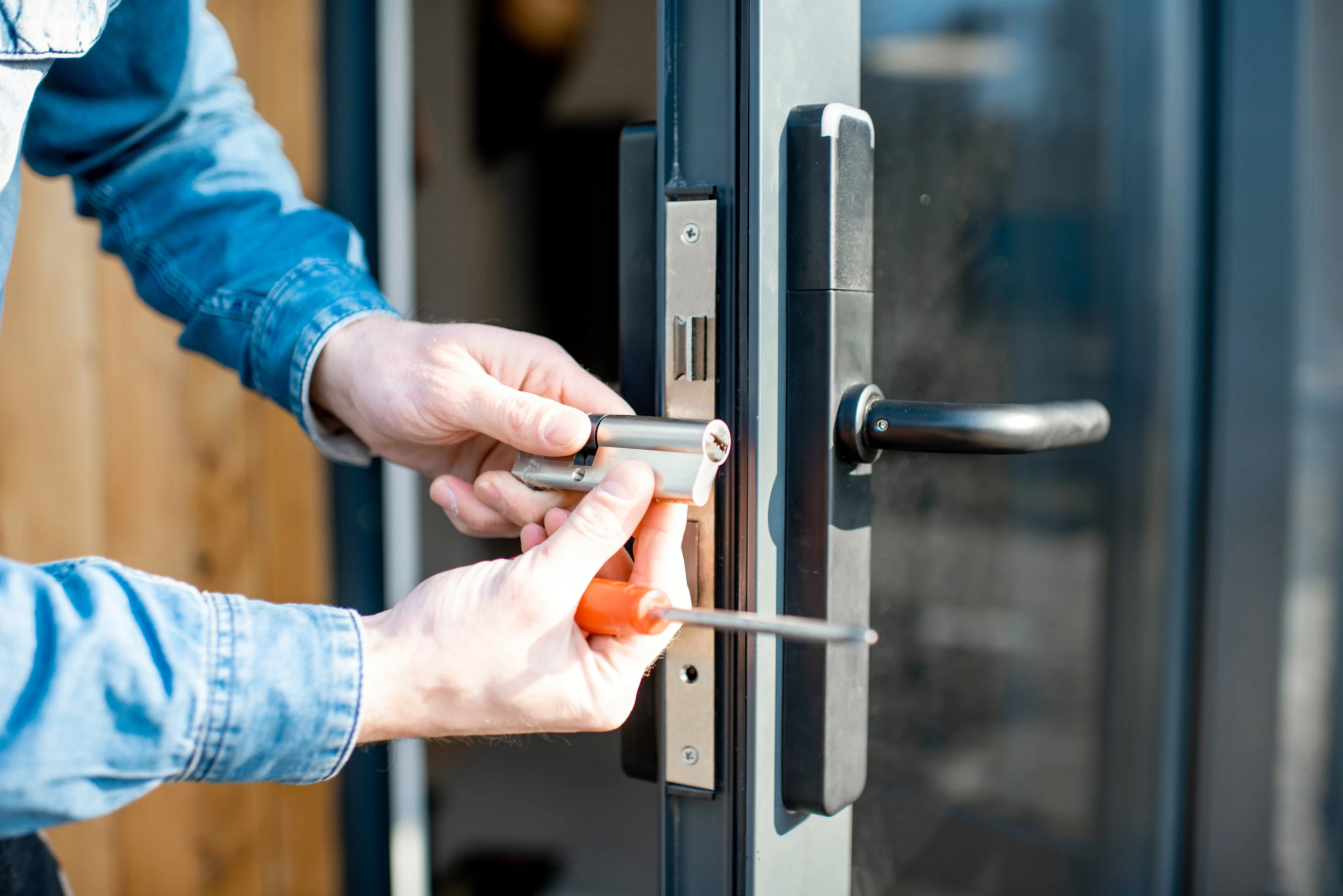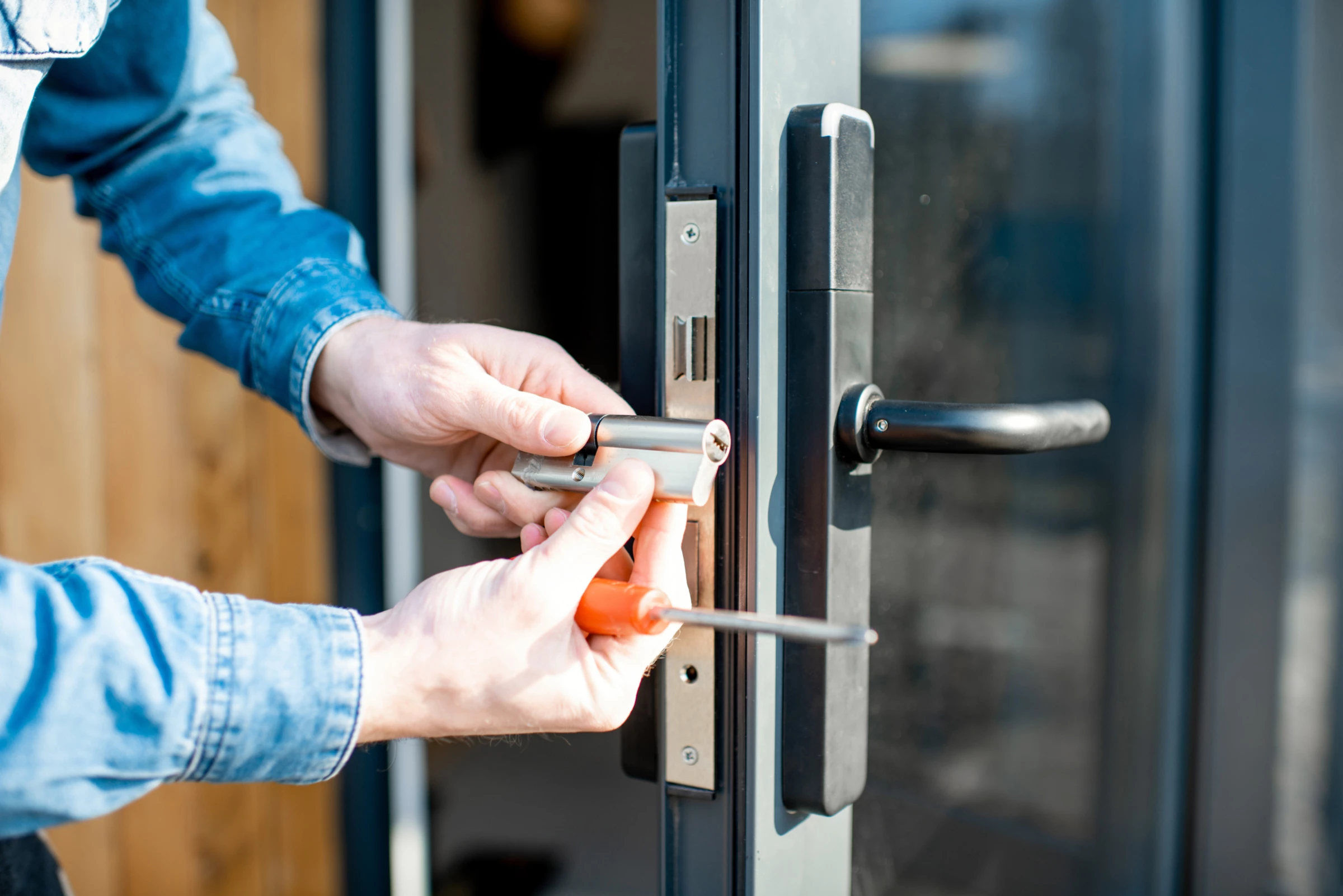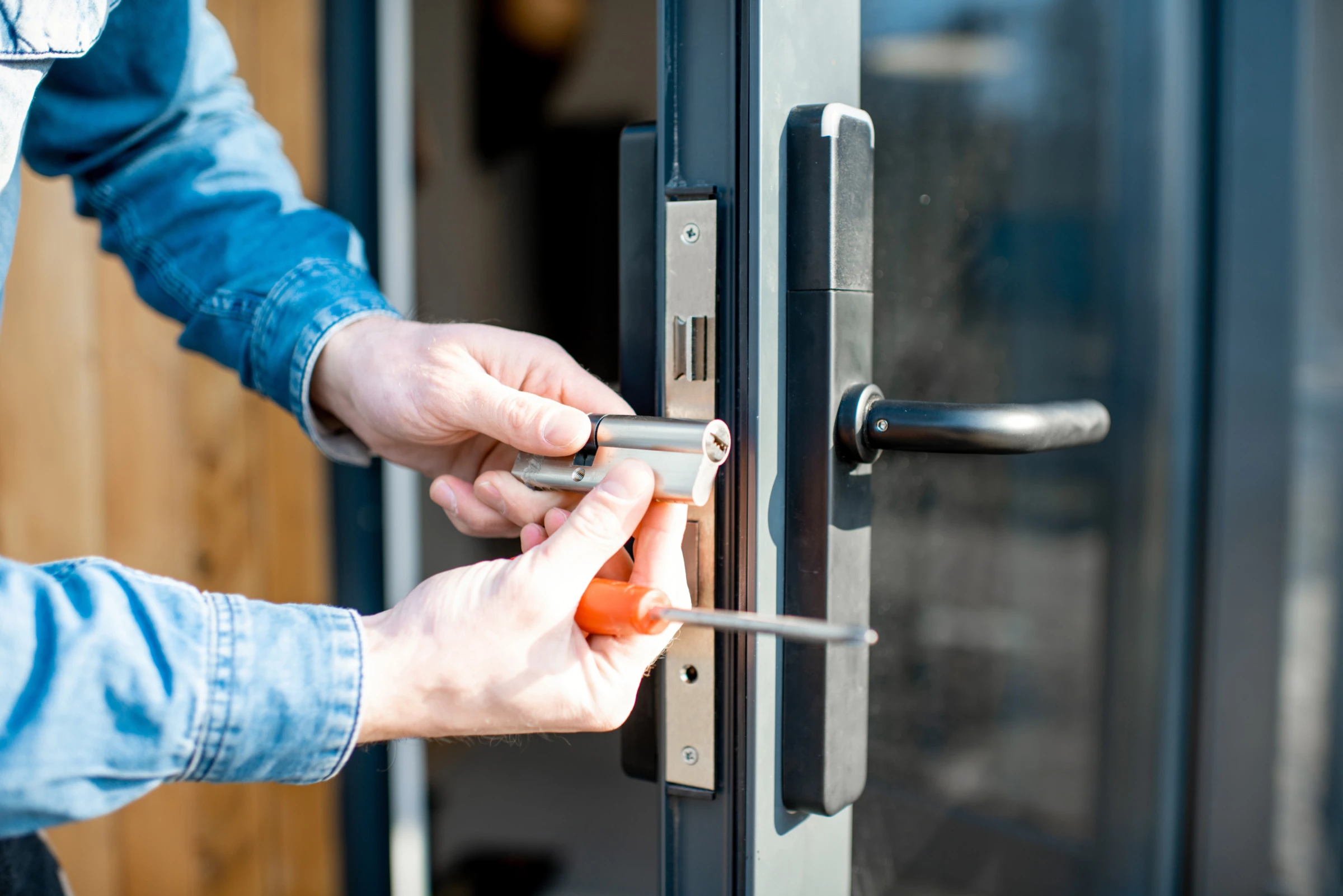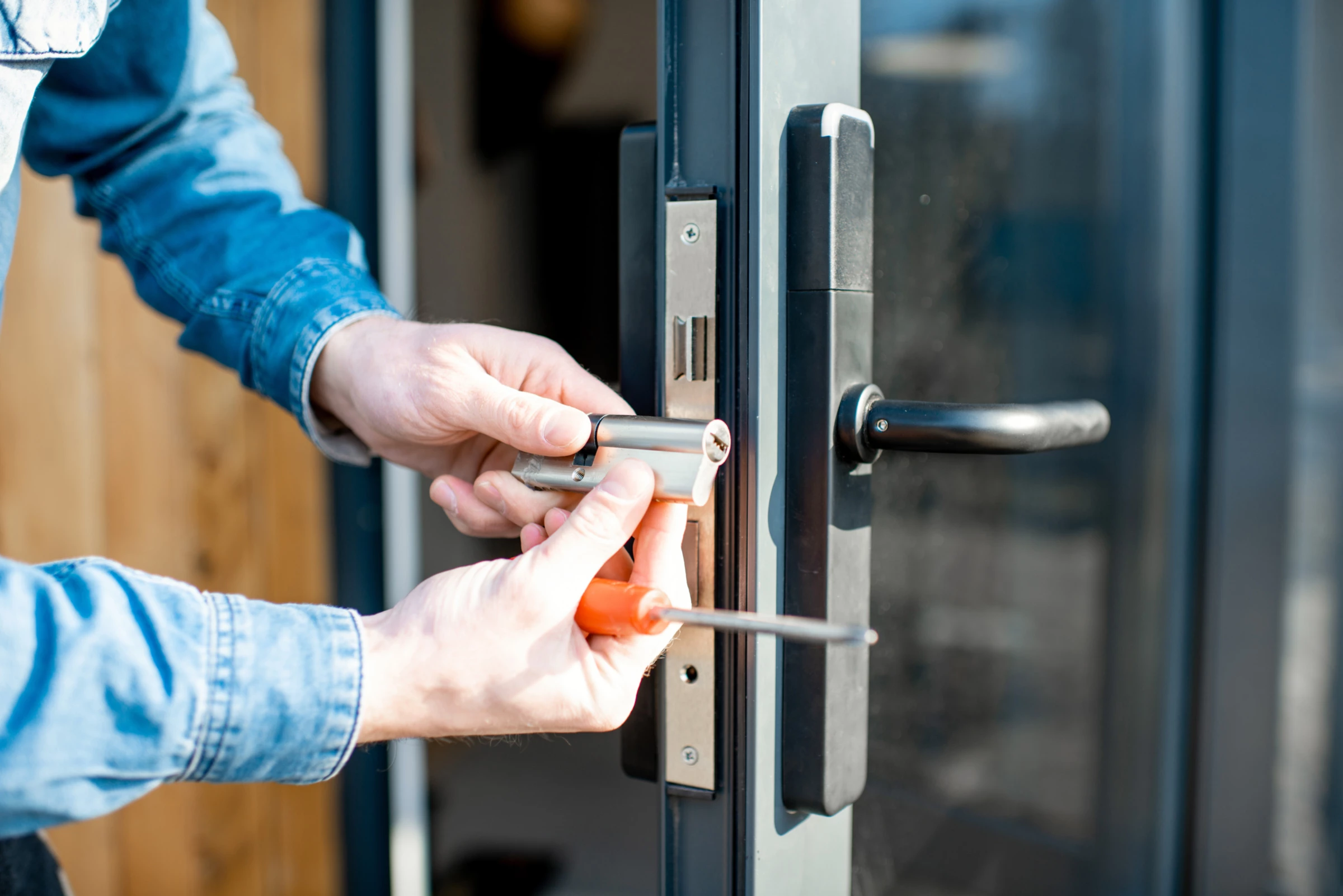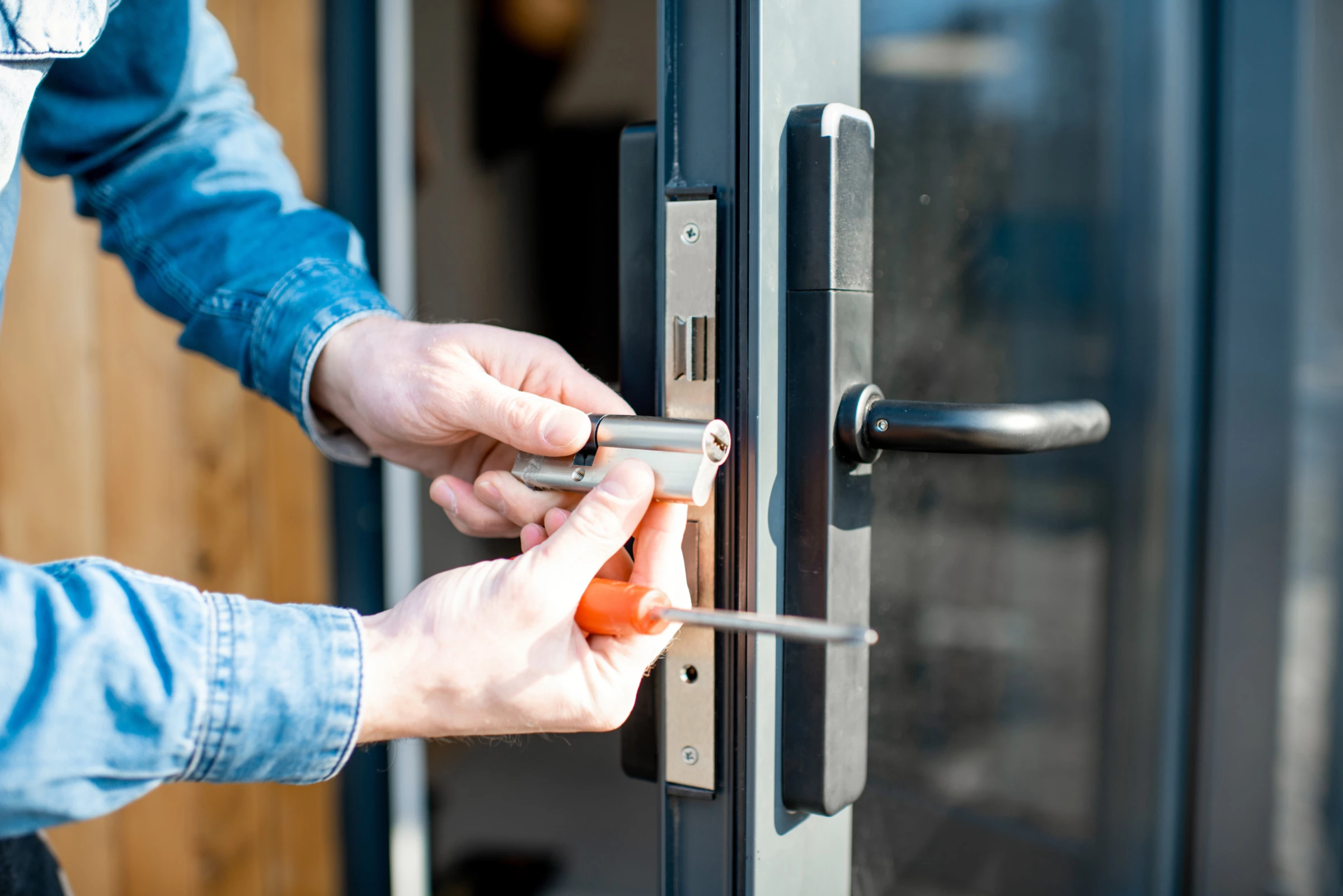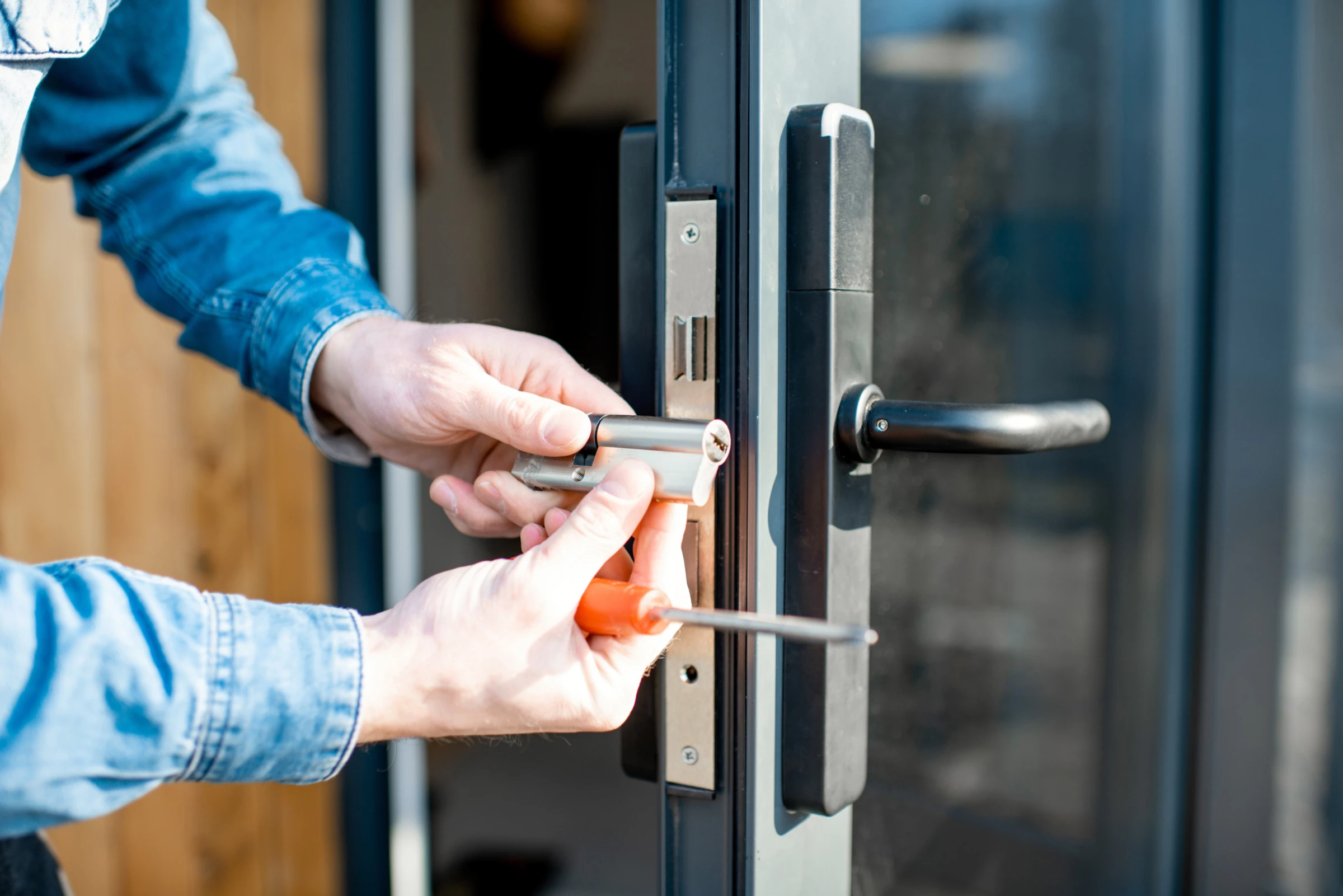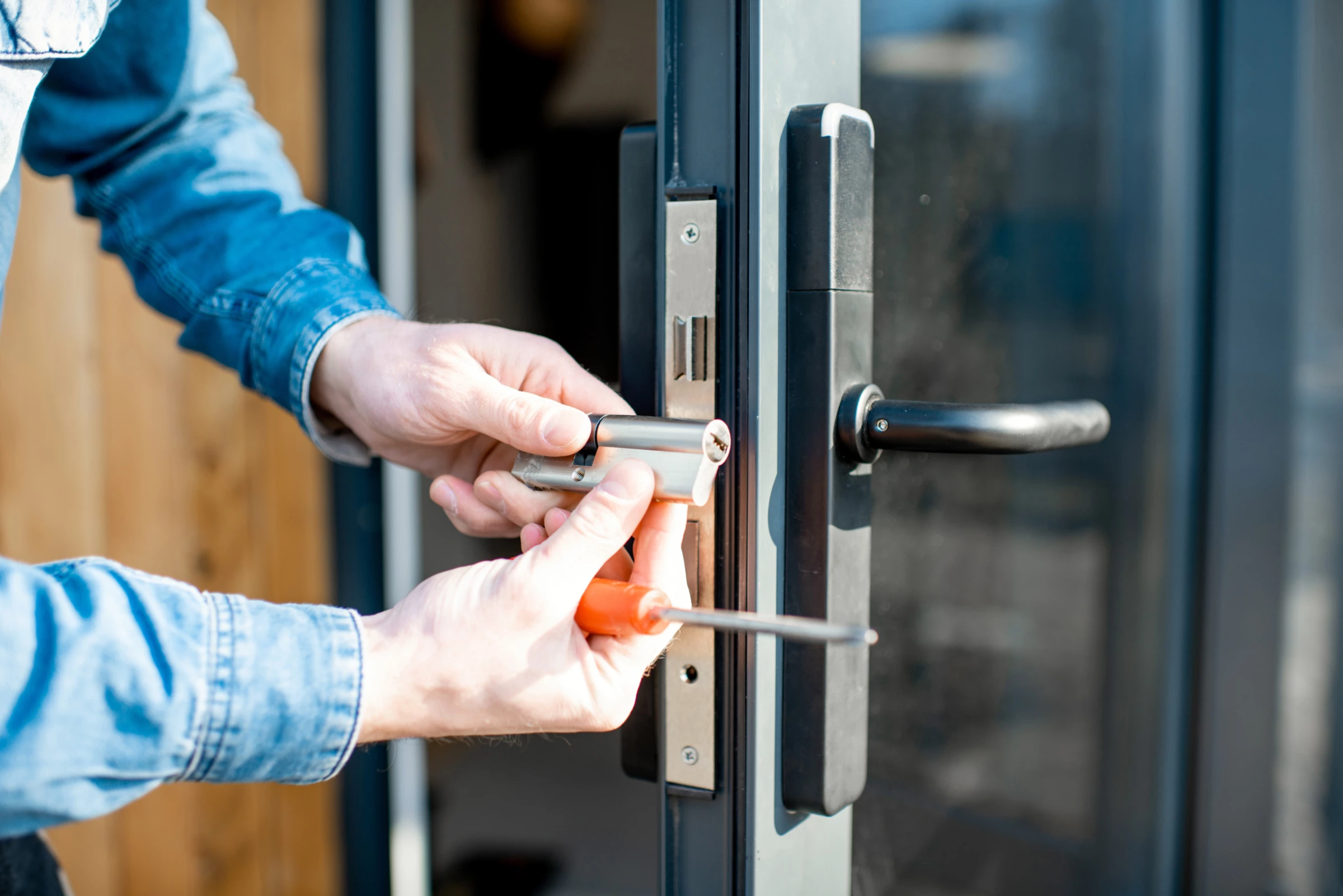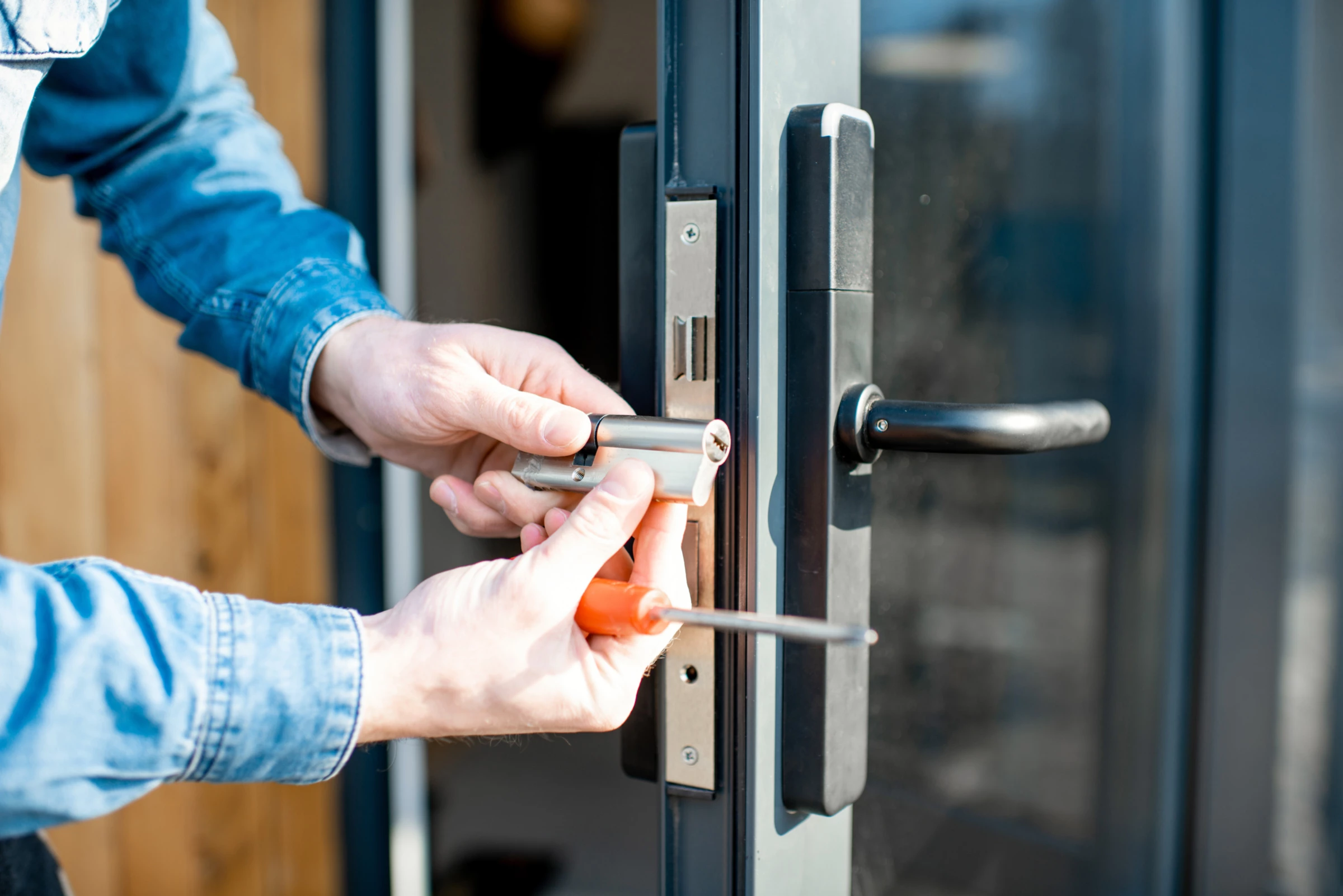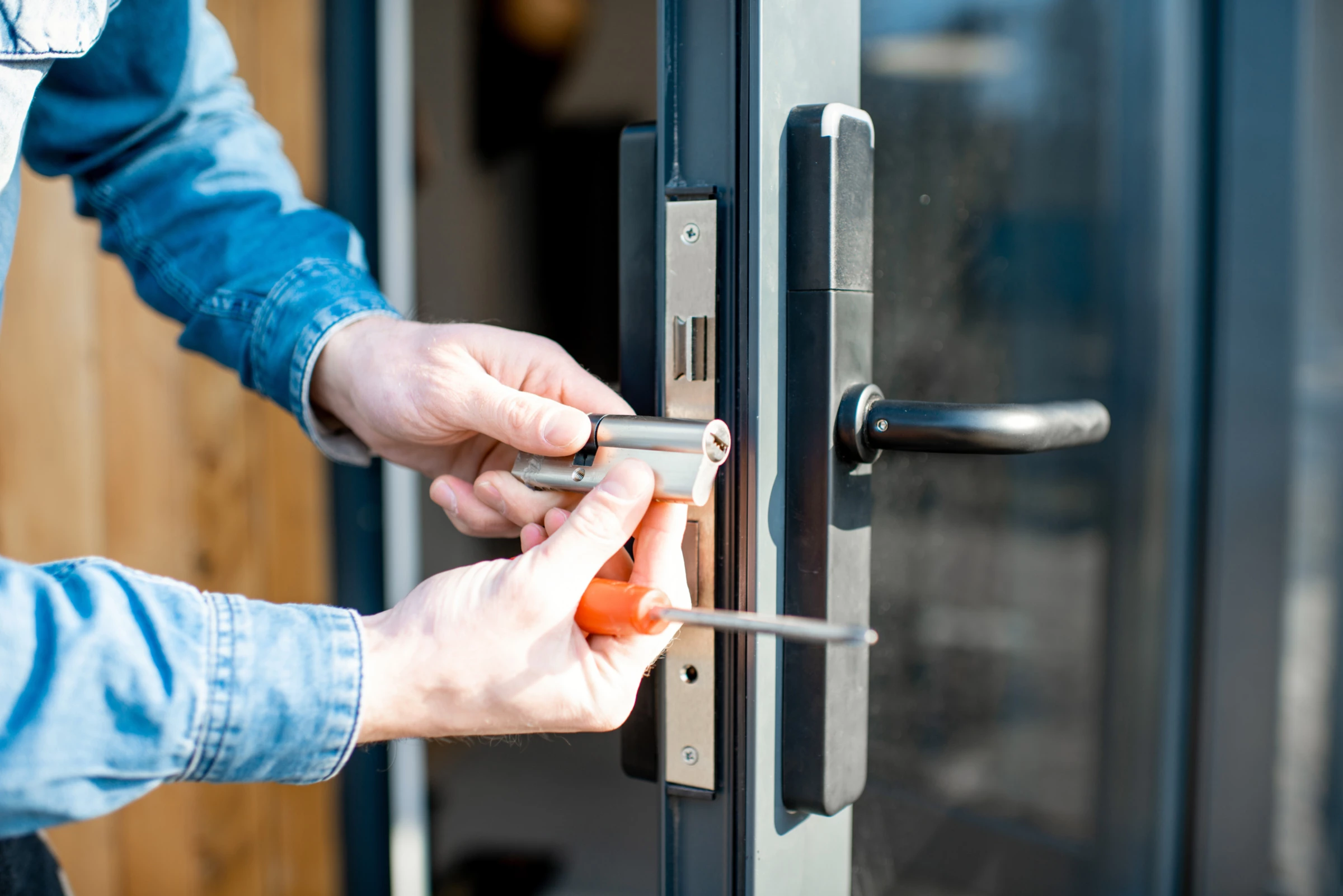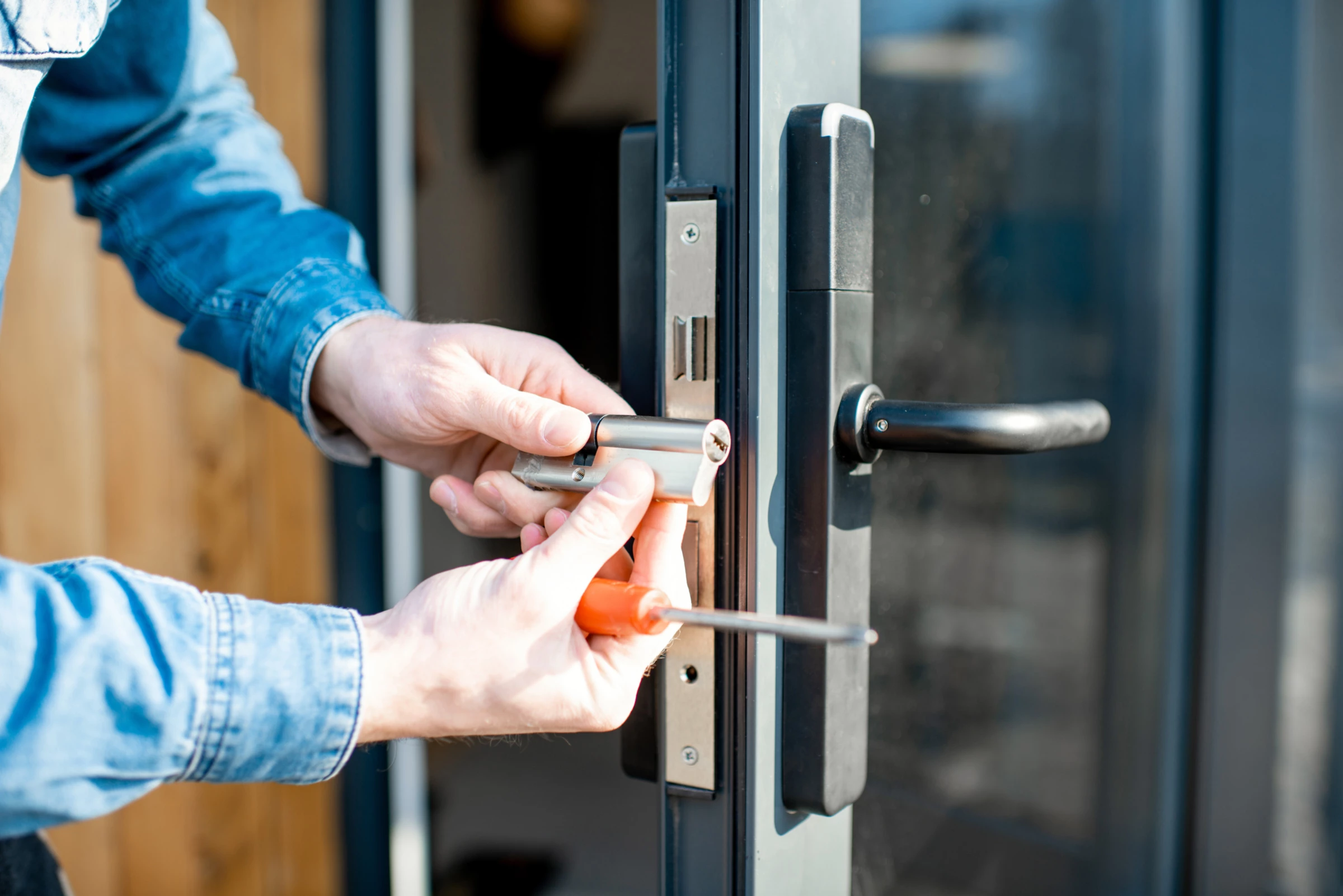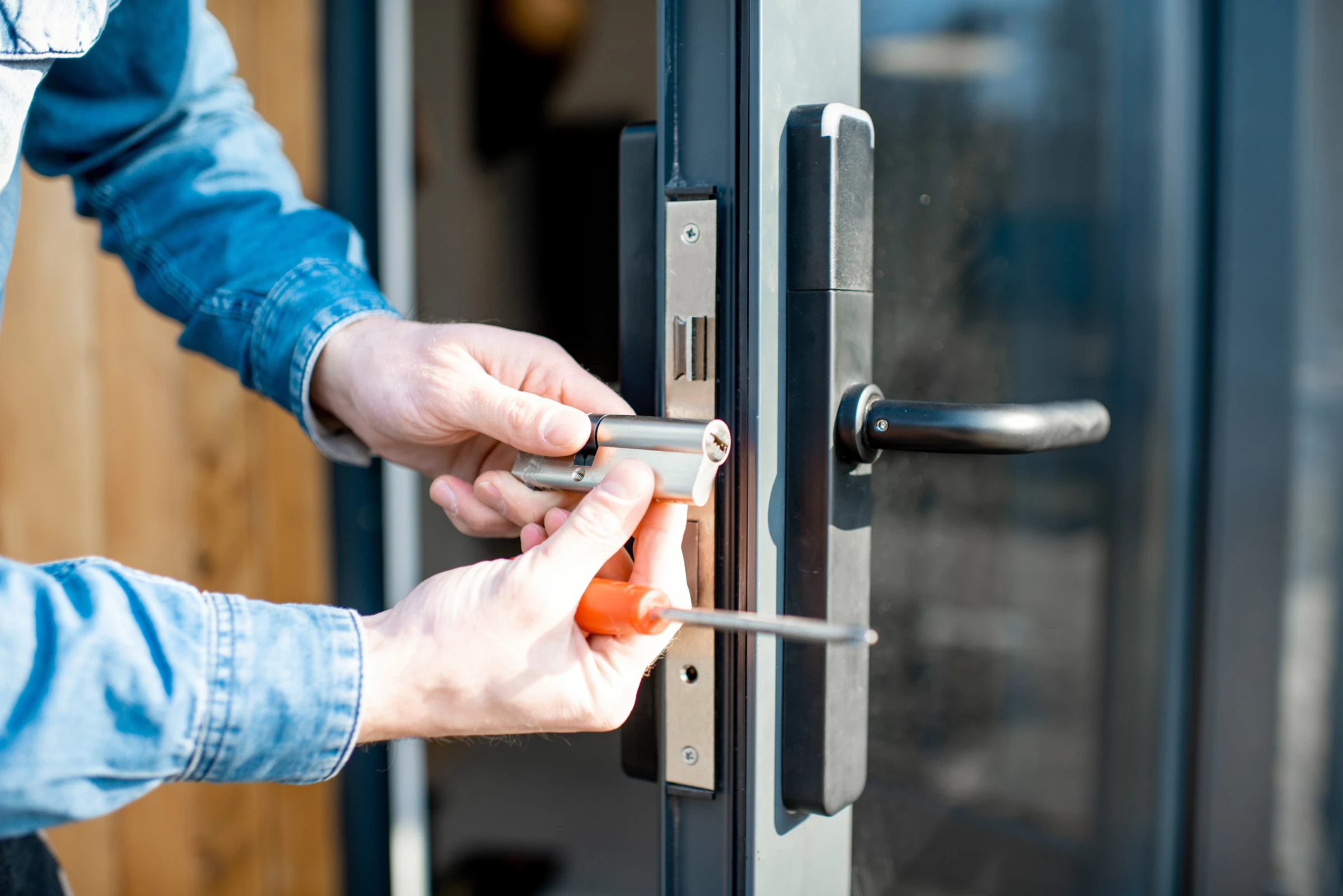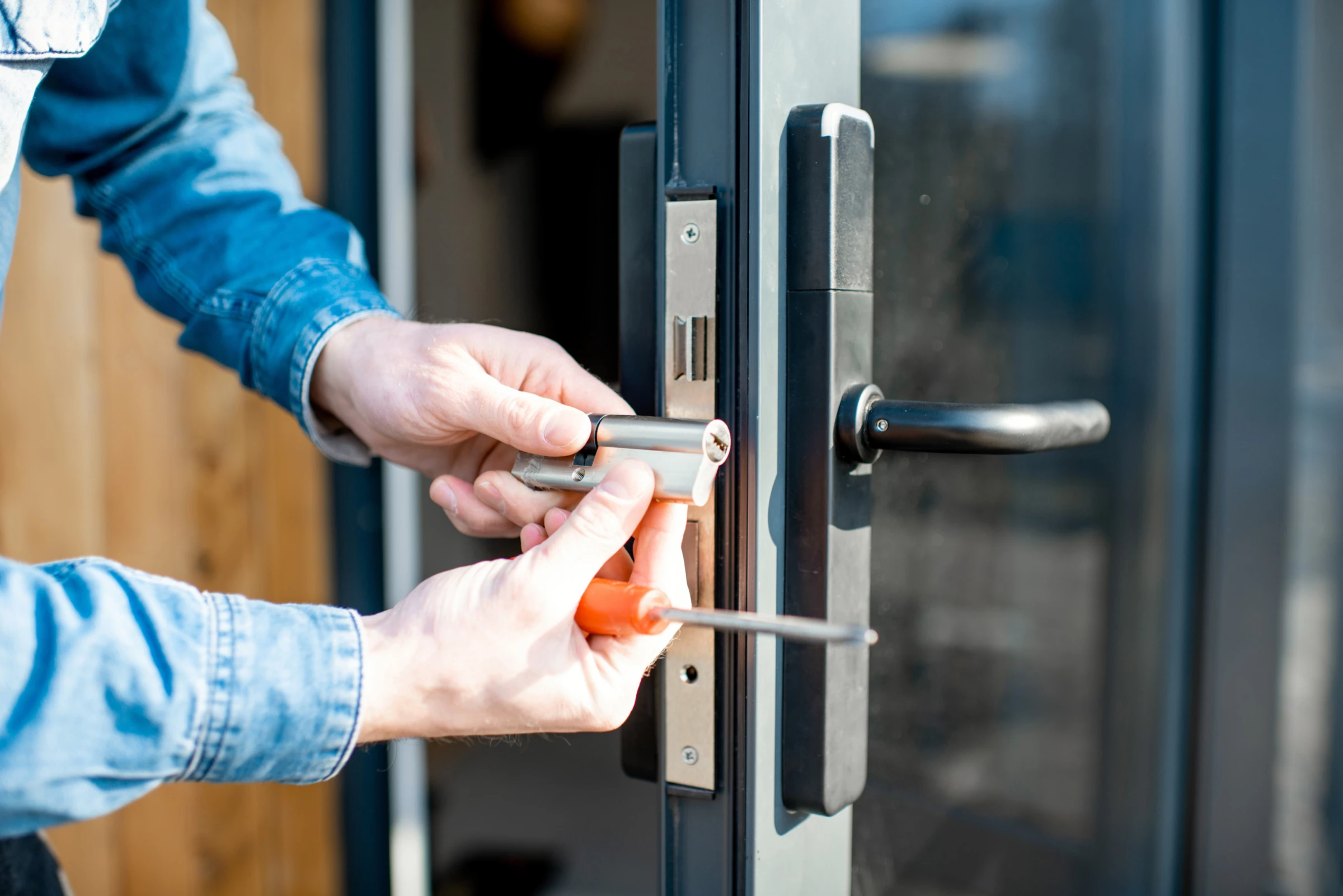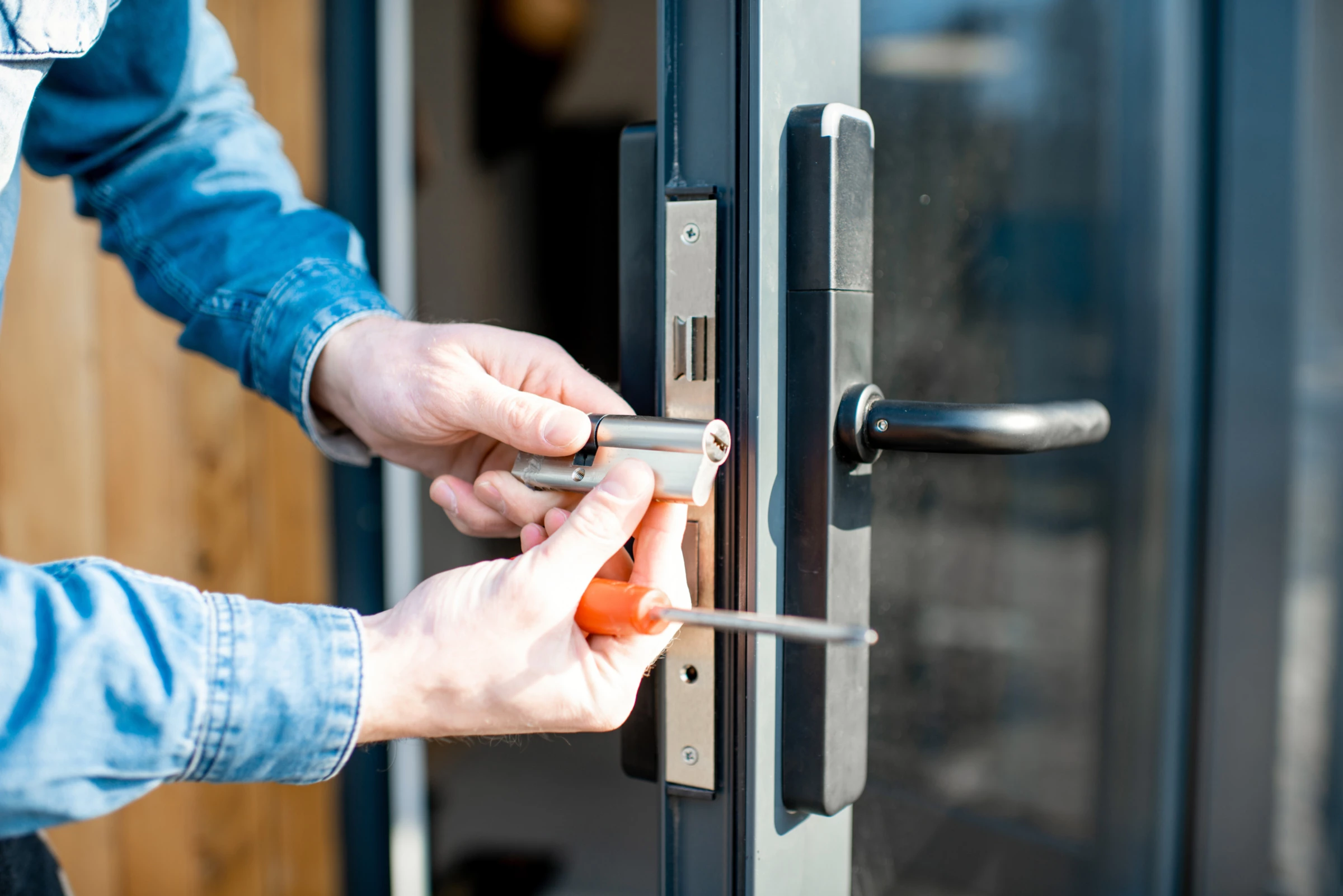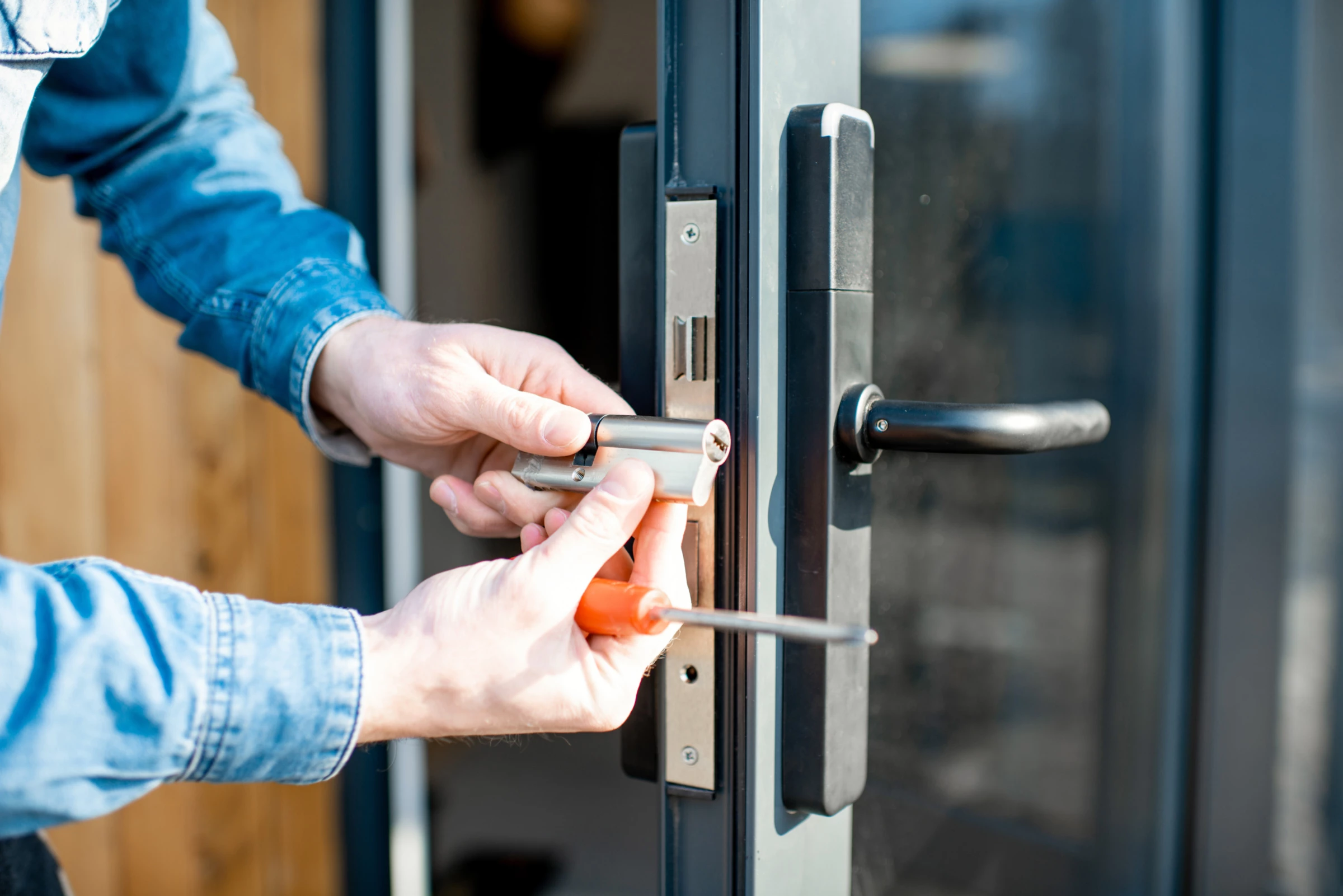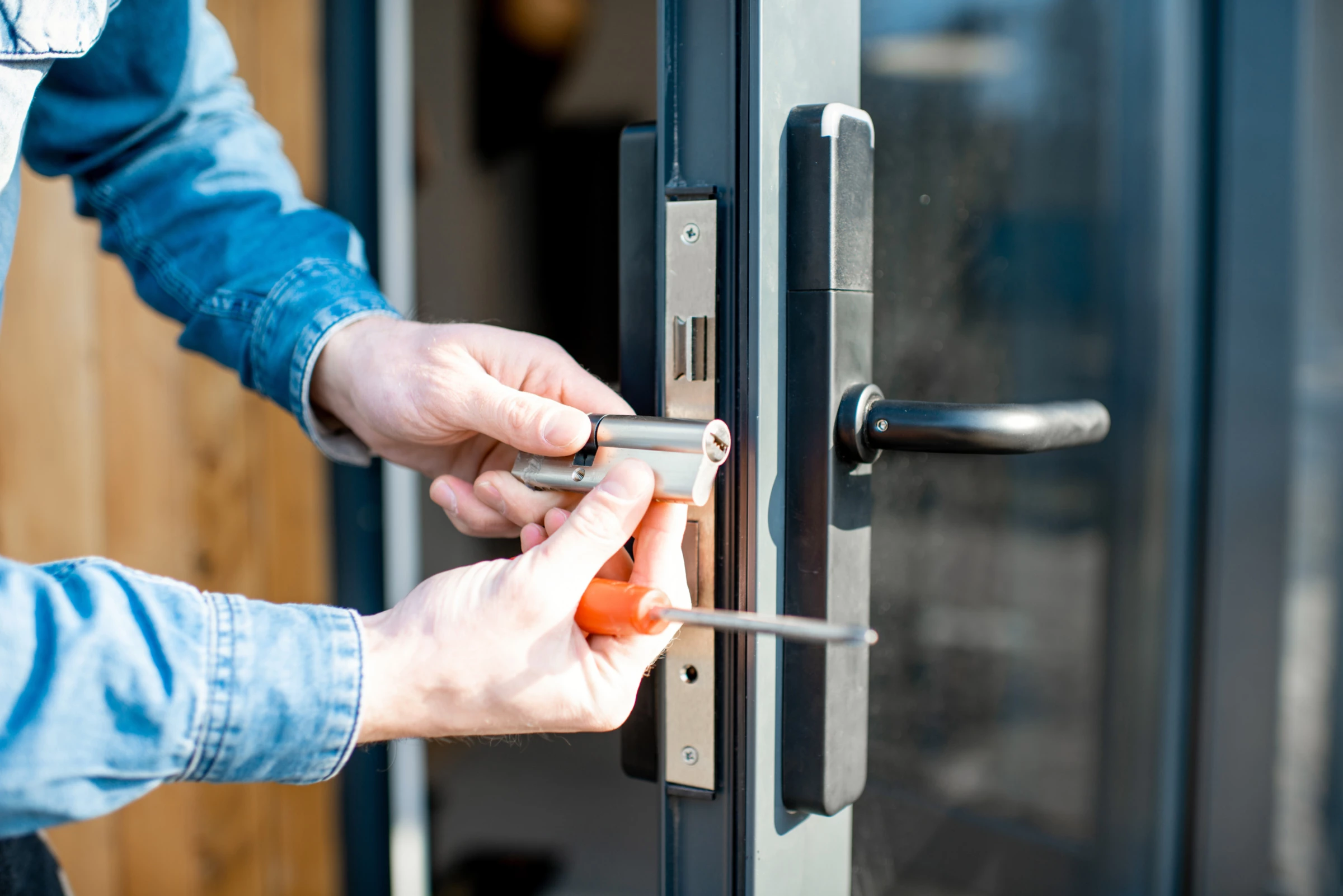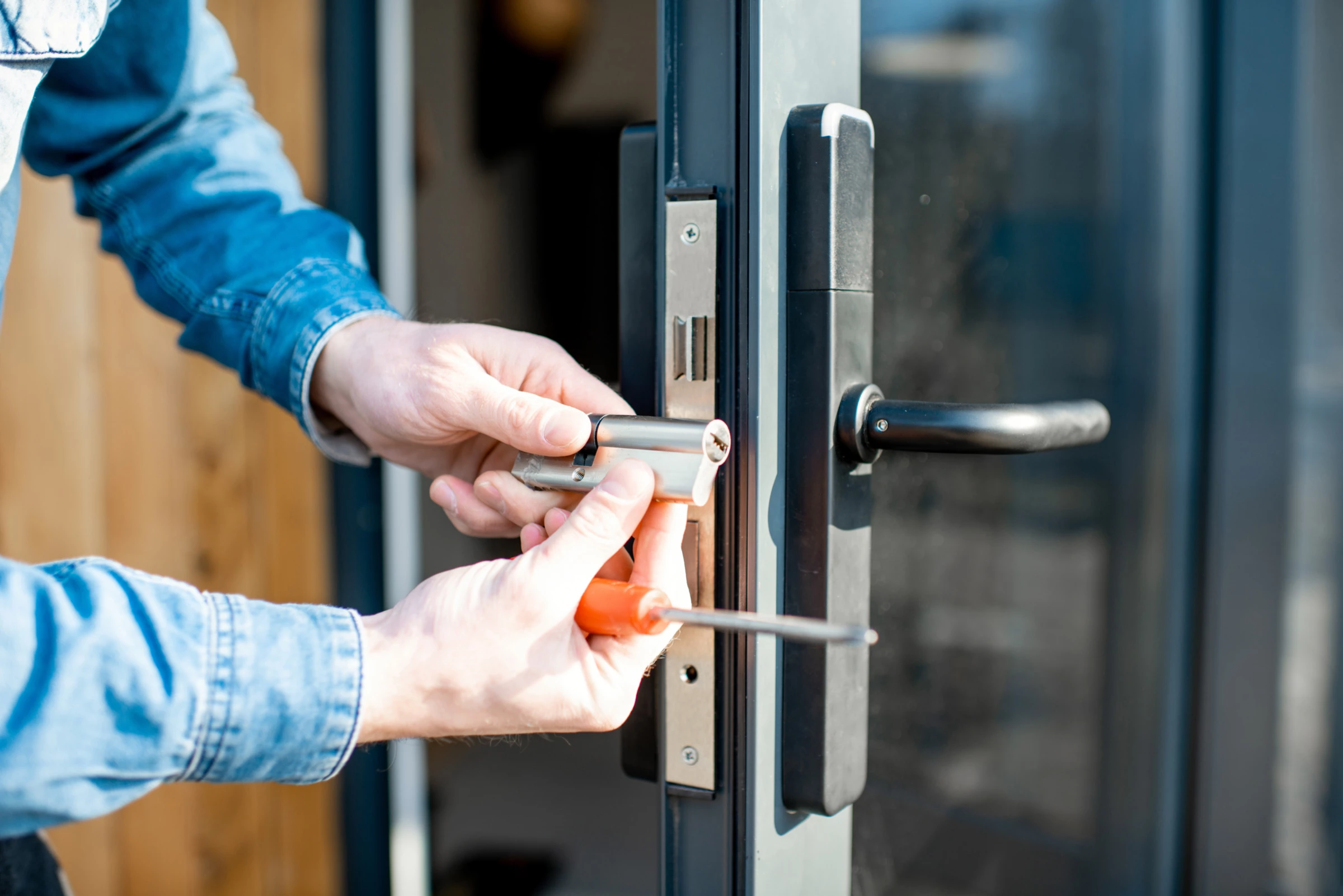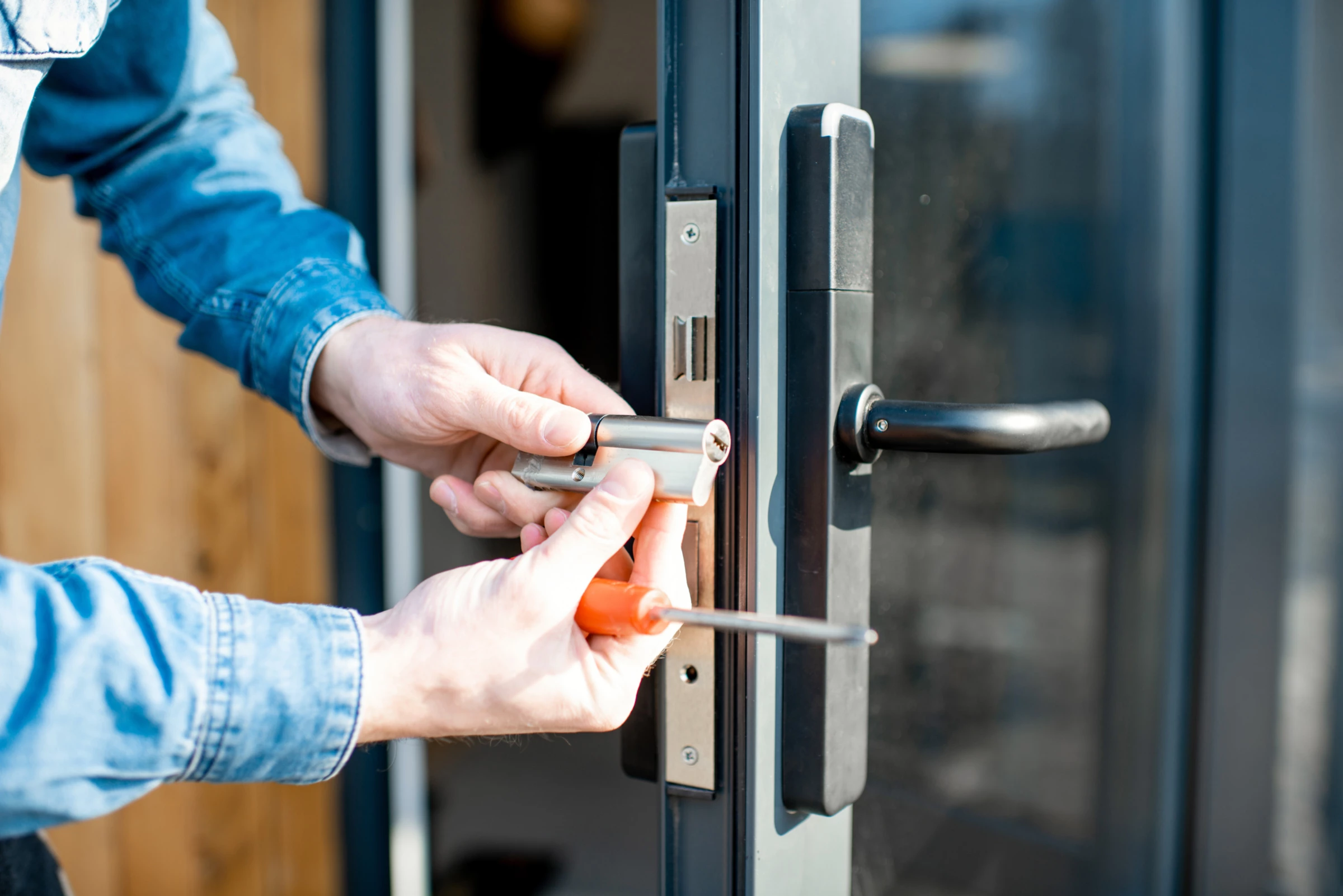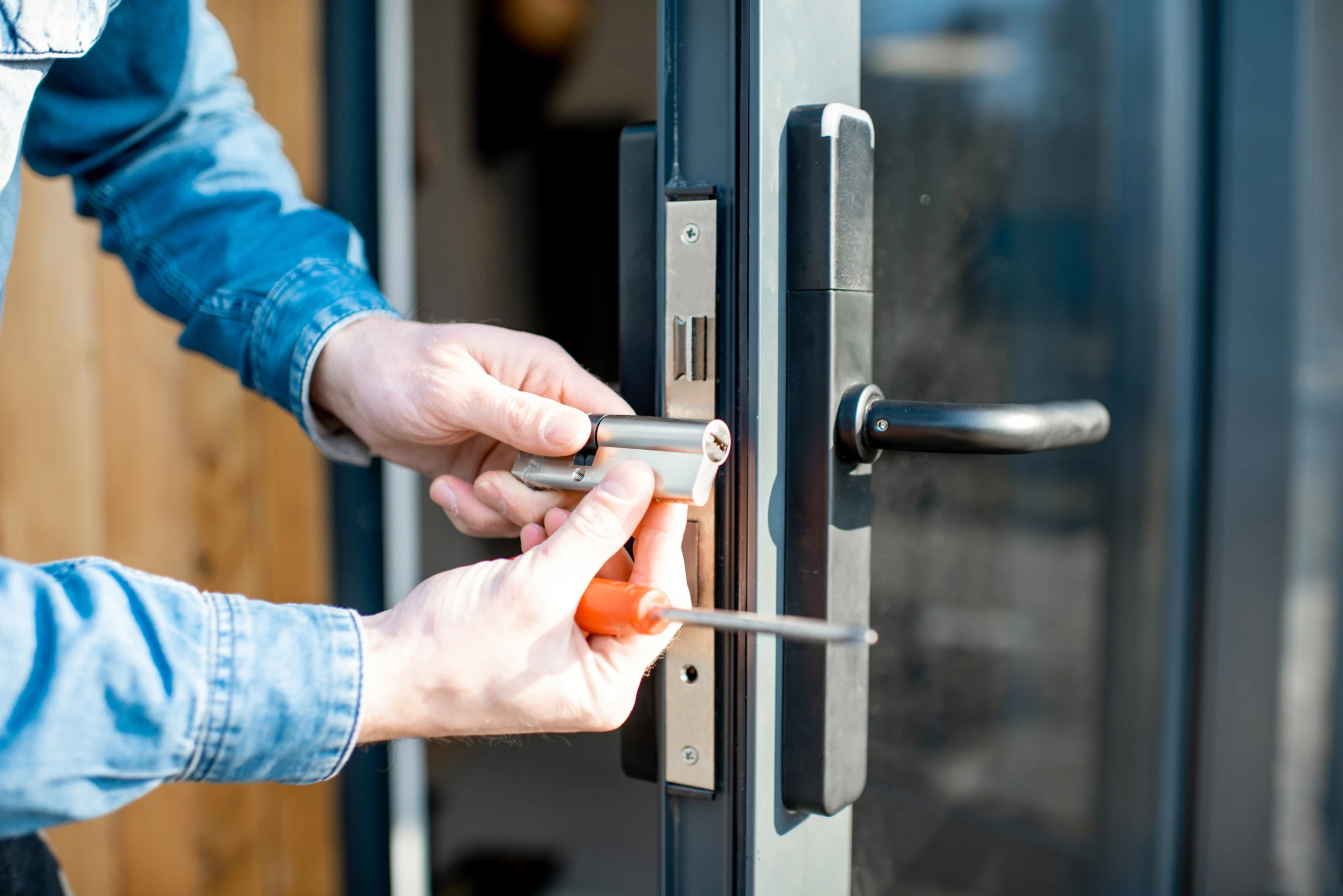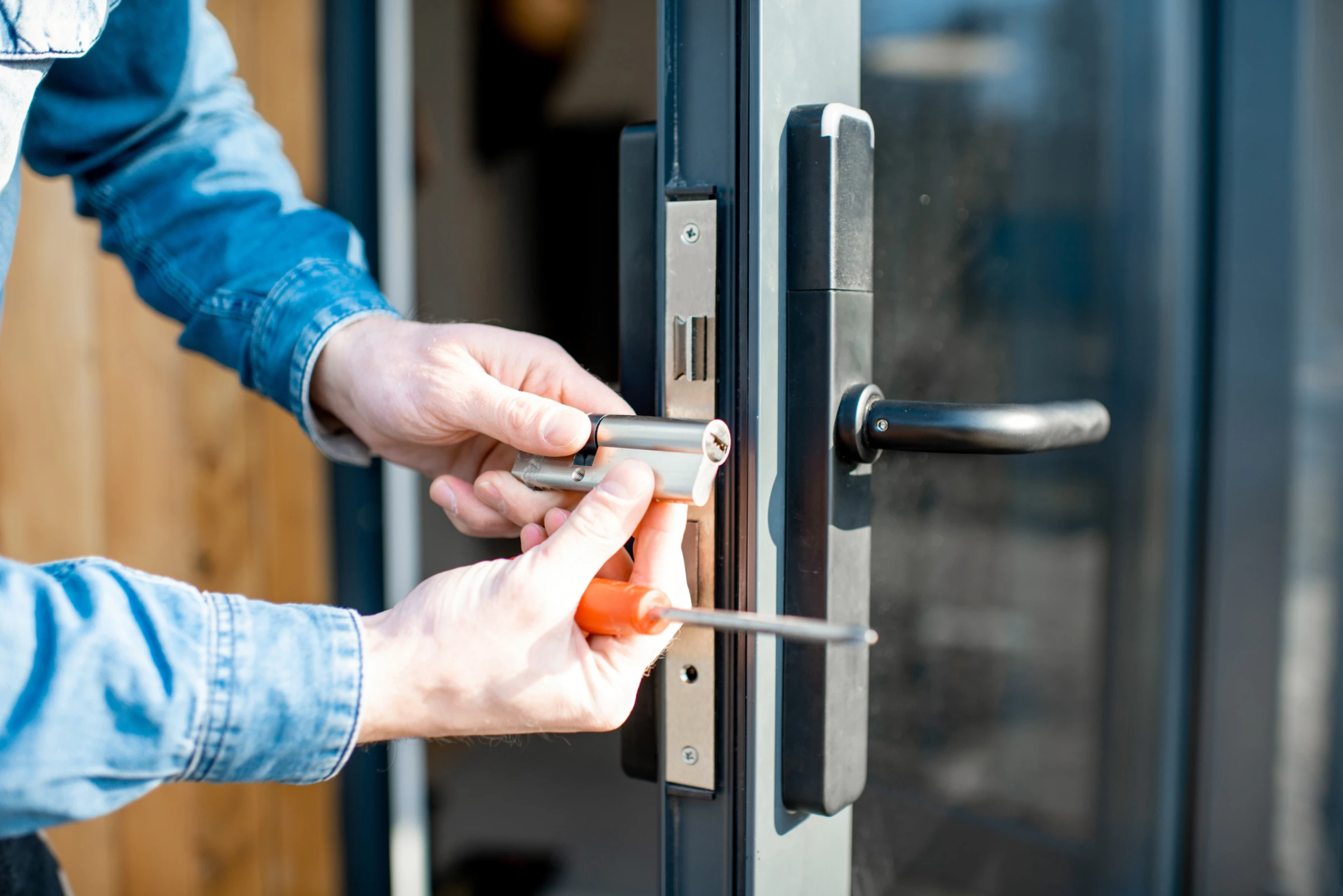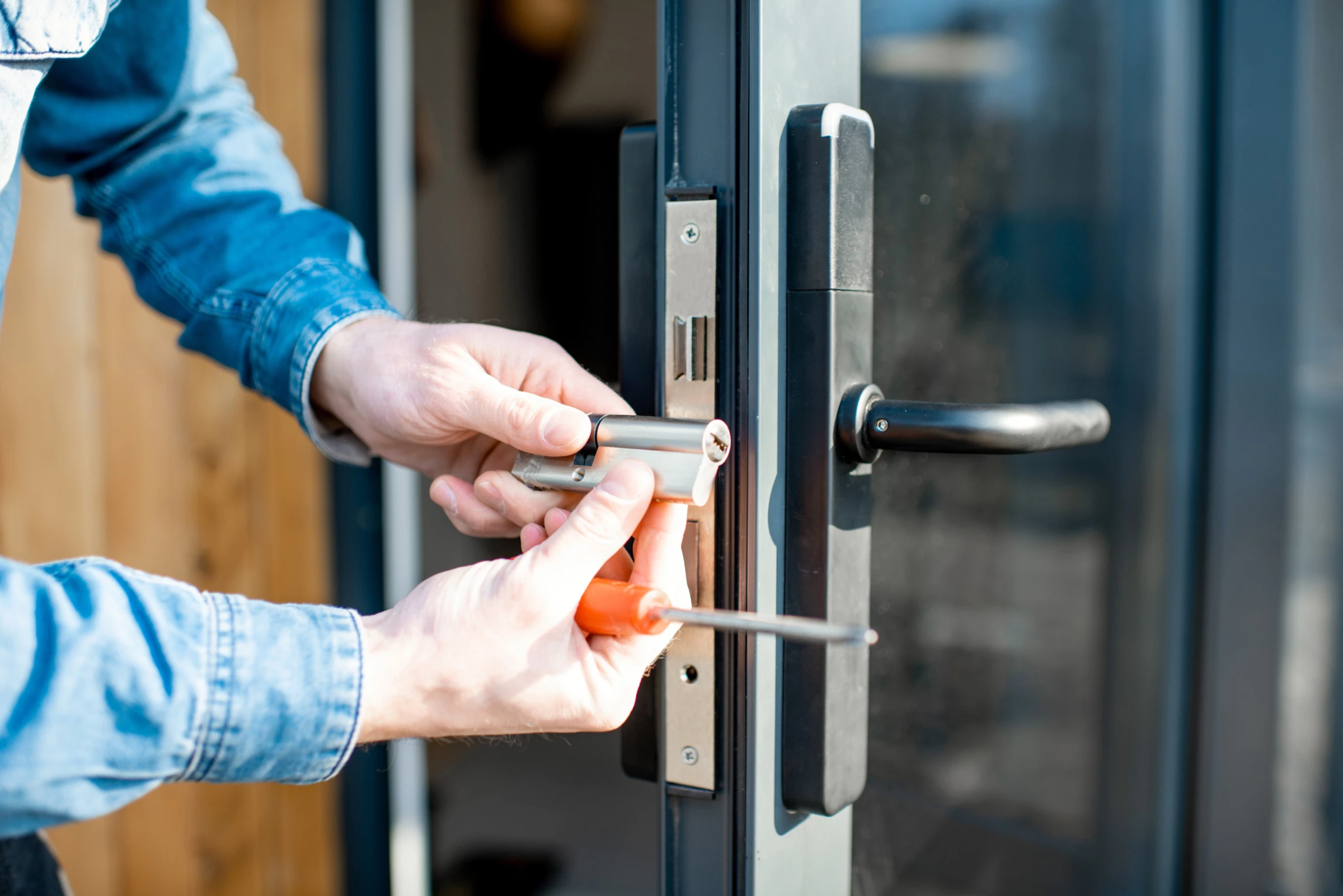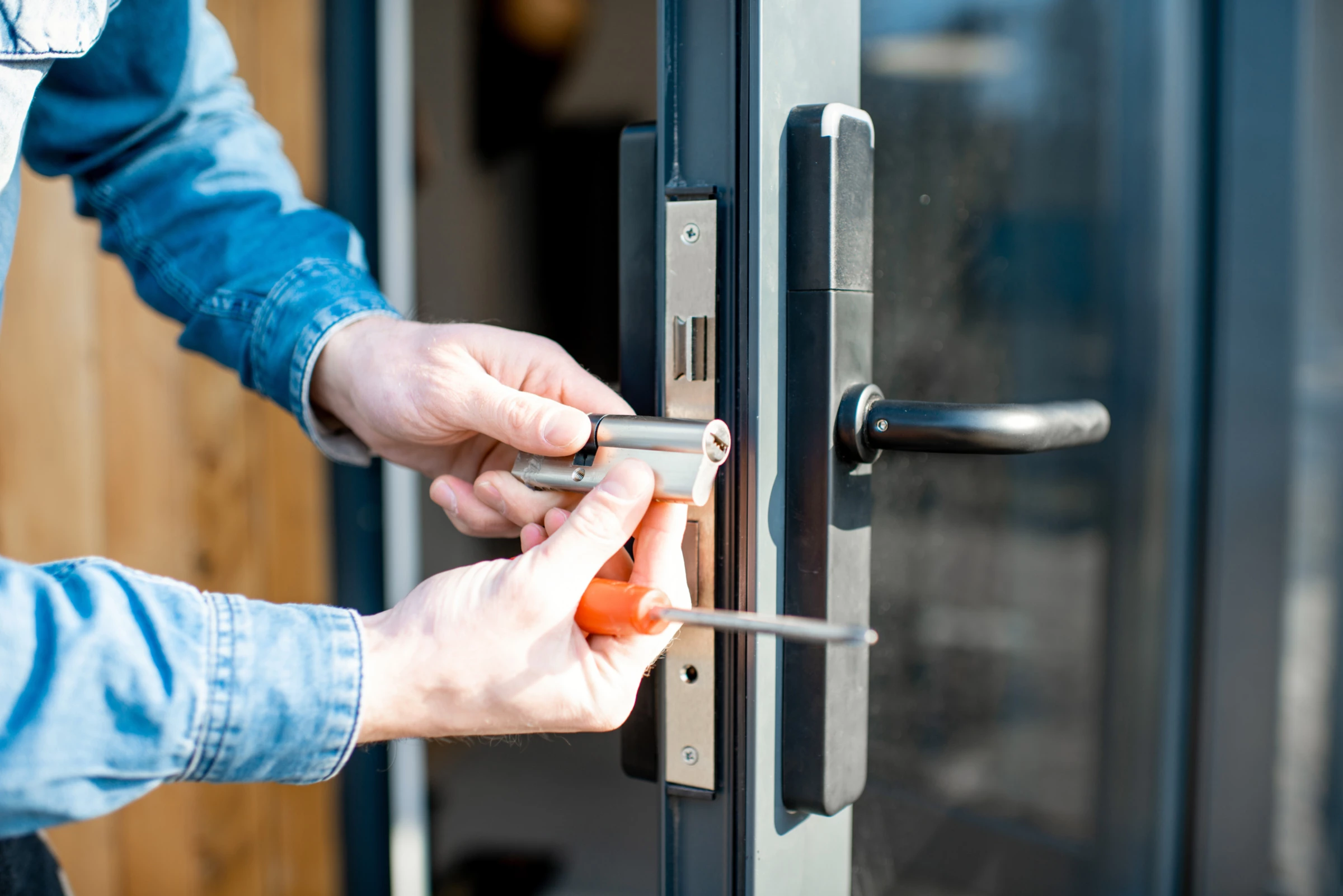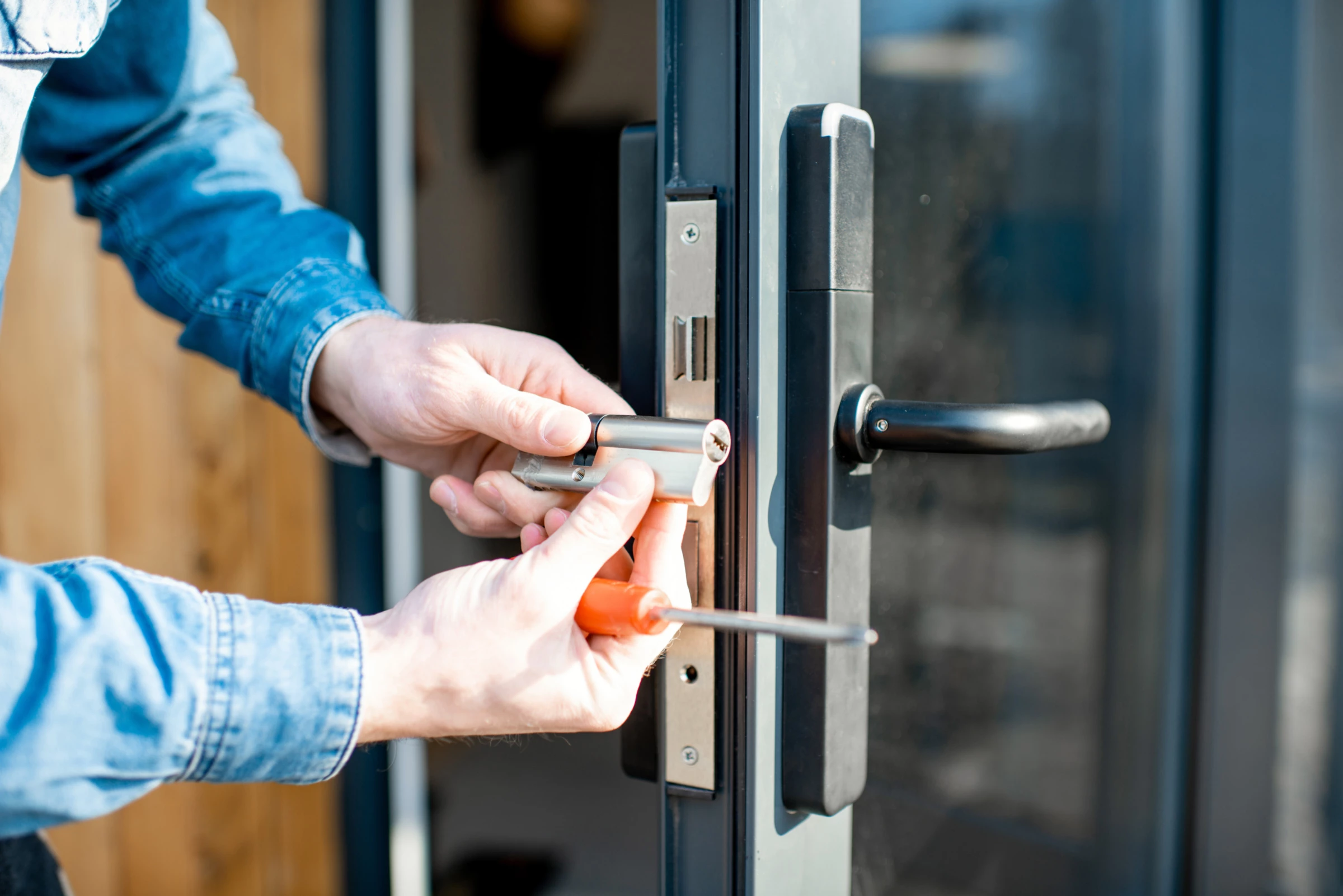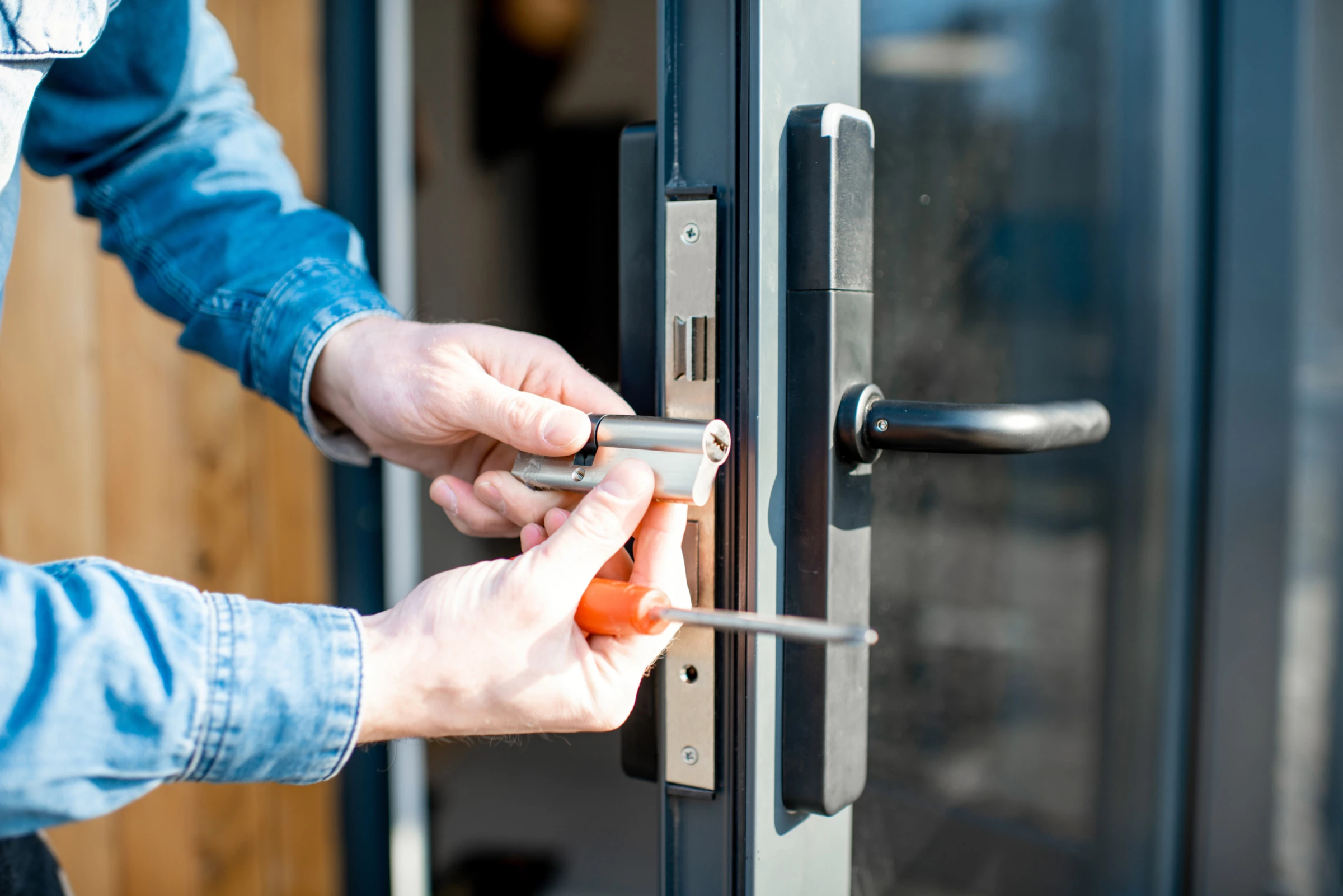When locksmith professionals take on institutional contracts - from government buildings and hospitals to schools and corre…
Commercial Locksmith Insurance: Essential Protection for Security Professionals
Running a commercial locksmith business comes with unique risks that standard business insurance policies often don't adequately cover. From property damage during lock installations to professional liability claims, locksmith professionals face specialized challenges that require tailored insurance protection. Understanding the right coverage options is crucial for protecting your business, reputation, and financial future.
Understanding Commercial Locksmith Insurance
Commercial locksmith insurance is a specialized form of business protection designed specifically for locksmith professionals and security service providers. Unlike general business insurance, these policies are crafted to address the unique risks associated with locksmith services, including emergency callouts, key cutting, lock installations, security system work, and safe services.
The locksmith industry operates in a high-trust environment where professionals handle valuable property, work with security systems, and often operate during emergency situations. This creates exposure to various liability risks that require comprehensive coverage beyond what standard commercial policies typically provide.
Key Coverage Components
Professional Indemnity Insurance
Professional indemnity coverage protects against claims arising from professional advice, services, or workmanship. For locksmiths, this includes protection against allegations of faulty lock installations, inadequate security advice, or errors in key cutting that may compromise security. This coverage is particularly important when working with commercial clients who may suffer significant losses if security is compromised.
Public Liability Insurance
Public liability protection covers claims from third parties who may be injured or have property damaged during locksmith operations. This includes accidents during lock installations, damage to client property while gaining entry, or injuries to members of the public during emergency callouts. Coverage typically extends to legal costs and compensation payments.
Employers Liability Insurance
If you employ staff, employers liability insurance is legally required in most jurisdictions. This covers claims from employees who may be injured while performing locksmith duties, whether during routine installations or emergency callouts. The physical nature of locksmith work, often involving power tools and working in various environments, makes this coverage essential.
Tools and Equipment Coverage
Locksmith tools represent a significant investment and are essential for daily operations. Specialized tools coverage protects against theft, damage, or loss of professional equipment, including lock picks, key cutting machines, drilling equipment, and diagnostic tools. This coverage often extends to tools stored in vehicles or at client premises.
Commercial Vehicle Insurance
Most locksmith businesses rely on mobile services, making commercial vehicle insurance crucial. Standard motor insurance may not cover business use, tools stored in vehicles, or the specialized equipment locksmiths transport. Commercial vehicle policies provide comprehensive protection for business use, including coverage for tools and equipment in transit.
Cyber Liability Insurance
Modern locksmith businesses increasingly use digital systems for scheduling, customer databases, and electronic security systems. Cyber liability insurance protects against data breaches, cyber attacks, and the costs associated with system recovery and customer notification.
Industry-Specific Risks
Emergency Callout Risks
Emergency locksmith services often involve working in challenging conditions, potentially with distressed customers, and under time pressure. These situations increase the risk of accidents, property damage, or disputes over charges. Insurance coverage should account for the elevated risks associated with emergency work.
Key Control and Security
Locksmiths handle master keys, security codes, and sensitive access information. Any breach of this trust, whether through theft, loss, or unauthorized duplication, could result in significant liability claims. Professional indemnity coverage should specifically address key control responsibilities.
Property Damage During Entry
Gaining entry to locked premises, particularly in emergency situations, may result in property damage. While this is often necessary and expected, disputes can arise over the extent of damage or methods used. Comprehensive coverage should protect against claims for property damage during legitimate entry procedures.
Specialized Services
Many locksmith businesses offer specialized services such as safe installation, security system integration, or automotive locksmith services. Each specialization brings unique risks that should be specifically addressed in your insurance coverage.
Choosing the Right Coverage
Assessing Your Business Needs
Consider the specific services you offer, your client base, and your operational methods. A residential locksmith faces different risks than a commercial security specialist. Emergency service providers have different exposures than those focusing on planned installations.
Coverage Limits and Deductibles
Ensure coverage limits are adequate for your potential exposure. Consider the value of properties you work on, the cost of your equipment, and the potential impact of business interruption. Higher coverage limits provide better protection but come with increased premiums.
Geographic Coverage
If you operate across multiple jurisdictions or provide mobile services over a wide area, ensure your coverage extends to all operational territories. Some policies may have geographic limitations that could leave you exposed.
Claims History and Experience
Work with insurers who understand the locksmith industry and have experience handling relevant claims. Industry-specific insurers often provide better coverage terms and more knowledgeable claims handling.
Cost Factors and Risk Management
Premium Considerations
Insurance costs for locksmith businesses vary based on factors including business size, services offered, claims history, and risk management practices. Emergency service providers typically face higher premiums due to increased risk exposure.
Risk Reduction Strategies
Implementing proper risk management can help reduce insurance costs and improve coverage terms. This includes maintaining proper training and certifications, following industry best practices, keeping detailed service records, and implementing security measures for tools and customer information.
Regular Policy Reviews
As your business grows and evolves, your insurance needs may change. Regular policy reviews ensure your coverage remains adequate and cost-effective. This is particularly important when adding new services or expanding into new markets.
Compliance and Legal Requirements
Industry Regulations
Many jurisdictions have specific licensing and insurance requirements for locksmith businesses. Ensure your coverage meets all legal requirements and industry standards. This may include minimum coverage levels or specific policy features.
Professional Standards
Membership in professional locksmith associations often requires specific insurance coverage. These requirements help maintain industry standards and protect both professionals and consumers.
Documentation and Record Keeping
Maintain detailed records of your insurance coverage, policy terms, and any claims. Proper documentation is essential for compliance and can be crucial if disputes arise.
Working with Insurance Brokers
Specialist Brokers
Consider working with insurance brokers who specialize in locksmith or security industry coverage. Specialist brokers understand industry risks and can help identify the most appropriate coverage options.
Policy Comparison
Don't rely on price alone when comparing policies. Consider coverage breadth, policy terms, claims handling reputation, and insurer financial stability. The cheapest option may not provide adequate protection.
Ongoing Support
Choose brokers who provide ongoing support, including claims assistance, policy reviews, and advice on risk management. This relationship can be valuable throughout your business operations.
Claims Process and Support
Immediate Response
Understand your insurer's claims reporting requirements and response procedures. Quick reporting is often required, particularly for liability claims or emergency situations.
Claims Support
Look for insurers who provide comprehensive claims support, including legal assistance, expert witnesses, and settlement negotiation. This support can be crucial in complex professional liability claims.
Business Continuity
Consider how claims might impact your business operations and ensure your coverage includes appropriate business interruption protection. This might include coverage for alternative equipment or temporary premises.
Future Considerations
Technology Evolution
The locksmith industry continues to evolve with new technologies, smart locks, and integrated security systems. Ensure your insurance coverage can adapt to these changes and new risk exposures.
Business Growth
Plan for business growth when selecting coverage. Consider how expansion might affect your insurance needs and ensure your policies can accommodate growth without leaving gaps in protection.
Market Changes
Stay informed about changes in the insurance market, regulatory requirements, and industry standards that might affect your coverage needs.
Conclusion
Commercial locksmith insurance is not just a business expense but a critical investment in your company's future. The specialized nature of locksmith services creates unique risks that require tailored insurance solutions. By understanding these risks and working with experienced insurance professionals, you can ensure your business is properly protected against the various challenges you may face.
The key to effective locksmith insurance is finding the right balance of coverage, cost, and service. Don't compromise on essential protections, but work with knowledgeable brokers to ensure you're getting value for your insurance investment. Regular reviews and updates to your coverage will help ensure your protection evolves with your business.
Remember that insurance is just one part of a comprehensive risk management strategy. Combined with proper training, professional practices, and good customer service, the right insurance coverage will give you the confidence to grow your locksmith business while protecting against unforeseen challenges.


 0330 127 2333
0330 127 2333
